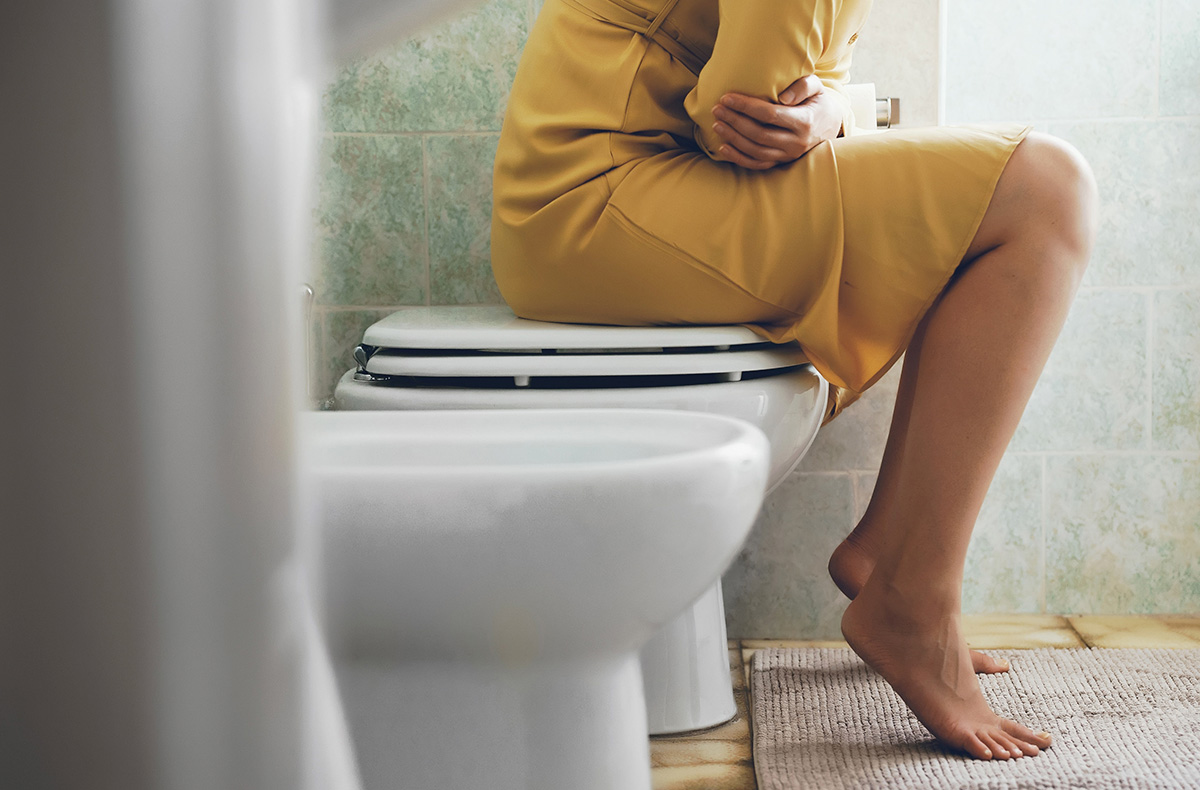In terms of prevention, the clinical practice guidelines of the different medical societies have classically addressed the problem with hygiene recommendations (mainly based on intimate hygiene, drinking plenty of fluids, correcting constipation, urinating immediately after sexual intercourse, etc.), correcting risk factors such as treating incomplete bladder emptying, as well as taking preventive antibiotics in some cases (nocturnal prophylaxis, post-coital prophylaxis, weekly prophylaxis, etc.). However, as these same clinical guidelines point out, the effectiveness of these measures is, to say the least, limited. Likewise, none of these guidelines makes detailed mention of profound changes in lifestyle, types of food to recommend or avoid, and few supplements or natural substances (phytotherapy, homeopathy, essential oils) are mentioned in them, with the possible exception of cranberry and D-mannose in particular. Others such as hyaluronic acid, berberine and horsetail are mentioned, although only marginally. In recent years, the use of probiotics (supplements made up of microbes, mainly bacteria, which are not aggressive towards humans and have beneficial effects) has begun to be mentioned in these guides, although without sufficient scientific evidence for the time being.
In terms of treatment, apart from certain supportive measures such as drinking plenty of fluids or taking antipyretics if fever is present (such as paracetamol, for example), clinical guidelines are based on the use of antibiotics as the only possible antimicrobial treatment. At a time when microbial resistance is becoming more and more frequent and severe, the use of antibiotics should be rationalised as much as possible and should be considered only when strictly necessary. It is therefore urgent to find effective measures to reduce the incidence of urinary tract infections, based mainly on education and empowerment of the population at risk, rather than on a "doctor-dependent" point of view.
Bibliography:
Medical Student Curriculum: Adult UTI. https://www.auanet.org/ education/auauniversity/for-medical-students/medical-students-curriculum/medical-student-curriculum/adult-uti
Bonkat, G. et al. EAU guidelines on urological infections. 22-26 (European Association of Urology, 2017).
Nicolle LE, et al. Clinical practice guideline for the management of asymptomatic bacteriuria: 2019 update by the Infectious Diseases Society of America. Clin. Infect. Dis. 2019;68:1611–1615.
Colgan R, Nicolle LE, McGlone A, Hooton TM. Asymptomatic bacteriuria in adults. Am. Fam. Physician. 2006;74:985–990.
Darouiche RO, et al. Pilot trial of bacterial interference for preventing urinary tract infection. Urology. 2001;58:339–344.
Sunden F, Hakansson L, Ljunggren E, Wullt B. Escherichia coli 83972 bacteriuria protects against recurrent lower urinary tract infections in patients with incomplete bladder emptying. J. Urol. 2010;184:179–185.
Hull R, et al. Urinary tract infection prophylaxis using Escherichia coli 83972 in spinal cord injured patients. J. Urol. 2000;163:872–877.
Darouiche RO, Thornby JI, Cerra-Stewart C, Donovan WH, Hull RA. Bacterial interference for prevention of urinary tract infection: a prospective, randomized, placebo-controlled, double-blind pilot trial. Clin. Infect. Dis. 2005;41:1531–1534
Medina M, Castillo-Pino E. An introduction to the epidemiology and burden of urinary tract infections. Ther Adv Urol. 2019 May 2;11:1756287219832172.
Bonkat G et al. EAU guidelines on urological infections 2021. ISBN 978-94-92671-13-4
Buettcher M, Trueck J, Niederer-Loher A, Heininger U, Agyeman P, et al. Swiss consensus recommendations on urinary tract infections in children. Eur J Pediatr. 2021 Mar;180(3):663-674.
Flores-Mireles AL, Walker JN, Caparon M, Hultgren SJ. Urinary tract infections: epidemiology, mechanisms of infection and treatment options. Nat Rev Microbiol. 2015 May;13(5):269-84.
Schwaderer AL, Wolfe AJ. The association between bacteria and urinary stones. Ann Transl Med. 2017 Jan;5(2):32.
Struve C, Bojer M, Krogfelt KA. Characterization of Klebsiella pneumoniae type 1 fimbriae by detection of phase variation during colonization and infection and impact on virulence. Infect Immun. 2008 Sep;76(9):4055-65.
Ravel J, Gajer P, Abdo Z, Schneider GM, Koenig SS, et al. Vaginal microbiome of reproductive-age women. Proc Natl Acad Sci U S A. 2011 Mar 15;108 Suppl 1(Suppl 1):4680-7.
Blethyn AJ, Jenkins HR, Roberts R, Verrier Jones K. Radiological evidence of constipation in urinary tract infection. Arch Dis Child. 1995 Dec;73(6):534-5. doi: 10.1136/adc.73.6.534. PMID: 8546513; PMCID: PMC1511452.
Thurmon KL, Breyer BN, Erickson BA. Association of bowel habits with lower urinary tract symptoms in men: findings from the 2005-2006 and 2007-2008 National Health and Nutrition Examination Survey. J Urol. 2013 Apr;189(4):1409-14. doi: 10.1016/j.juro.2012.10.008. Epub 2012 Oct 11. PMID: 23063806; PMCID: PMC3693946.
https://www.niddk.nih.gov/health-information/digestive-diseases/constipation
Anger J, Lee U, Ackerman AL, Chou R, Chughtai B, et al. Recurrent Uncomplicated Urinary Tract Infections in Women: AUA/CUA/SUFU Guideline. J Urol. 2019 Aug;202(2):282-289.
Kontiokari T, Nuutinen M, Uhari M. Dietary factors affecting susceptibility to urinary tract infection. Pediatr Nephrol. 2004 Apr;19(4):378-83.
Foxman B, Frerichs RR. Epidemiology of urinary tract infection: II. Diet, clothing, and urination habits. Am J Public Health. 1985 Nov;75(11):1314-7.
Hoen LA, Bogaert G, Radmayr C, Dogan HS, Nijman RJM, Quaedackers J, Rawashdeh YF, Silay MS, Tekgul S, Bhatt NR, Stein R. Update of the EAU/ESPU guidelines on urinary tract infections in children. J Pediatr Urol. 2021 Apr;17(2):200-207.

